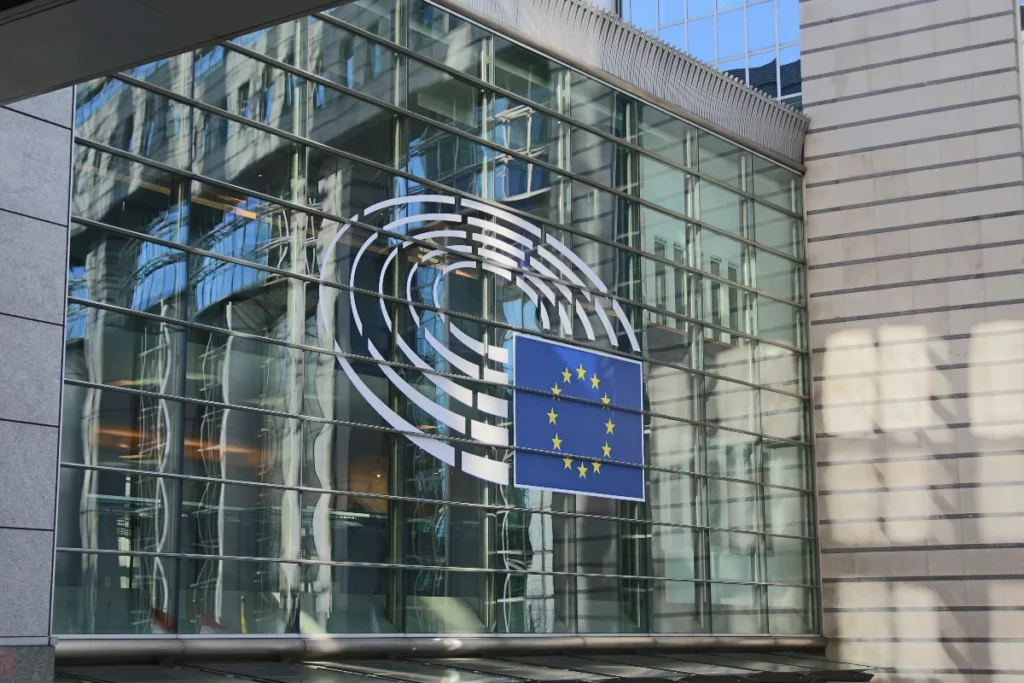- The European Parliament has approved the eighth version of the Directive on Administrative Cooperation (DAC8), a new regulation overseeing the taxation of cryptocurrencies.
- The regulation is expected to be implemented by EU member states by December 31, 2025, with official effect on January 1, 2026.
In a recent session held in Strasbourg, France, on September 13, the members of the European Parliament gave their overwhelming support to the eighth version of the Directive on Administrative Cooperation (DAC8), a new regulation aimed at overseeing the taxation of cryptocurrencies.
During this session, DAC8 received strong backing, with 535 votes in favor, 57 against, and 60 abstentions from the members of the European Parliament. This new regulation, as explained in official European Union documents, has been created to provide tax authorities with the tools needed to monitor and evaluate all cryptocurrency transactions carried out by individuals or organizations within EU member states.
The primary objective of DAC8 is to establish a reporting framework that mandates crypto-asset service providers to report transactions made by their clients in the European Union. This increased transparency is intended to reduce the risk of tax fraud and evasion within the cryptocurrency sphere.
The recent vote in the plenary session was the final step in the approval process for DAC8. EU member states are now expected to implement these rules by December 31, 2025, with the regulation officially taking effect on January 1, 2026.
Read More: FTX Granted Permission to Sell $3.4B in Crypto Assets
It’s important to note that DAC8 follows the approval of the Markets in Crypto-Assets (MiCA) legislation back in May 2023. The “8” in DAC8 signifies its eighth iteration, with each previous directive addressing various aspects of financial oversight.
As it stands, DAC8 is in line with the Crypto-Asset Reporting Framework (CARF) and the provisions outlined in MiCA, effectively covering all cryptocurrency transactions within the EU.
However, some critics have raised concerns about DAC8, arguing that it doesn’t significantly differ from CARF and may weaken the supervisory authority of individual member states. Max Bernt, Chief Legal Officer at Blockpit, expressed reservations about the regulation, particularly regarding the requirement for reporting crypto asset service providers (RCASPs) to assess whether a transferred crypto asset is reportable on a case-by-case basis. He also voiced concerns about potential “duplicate reporting” as lawmakers navigate existing and forthcoming regulations.


